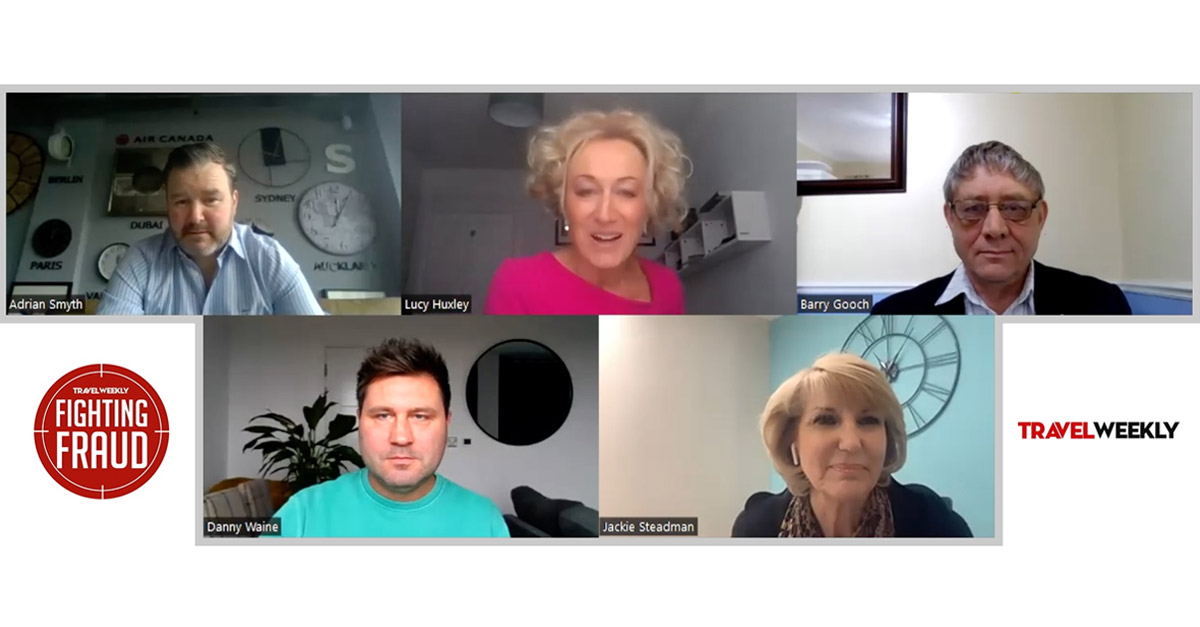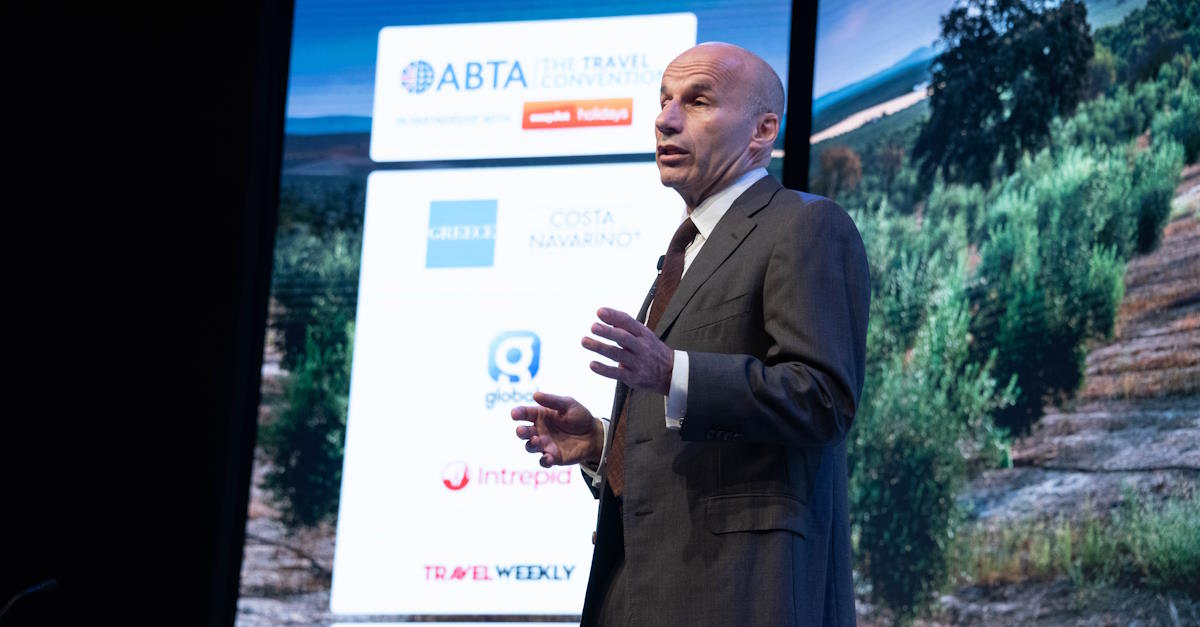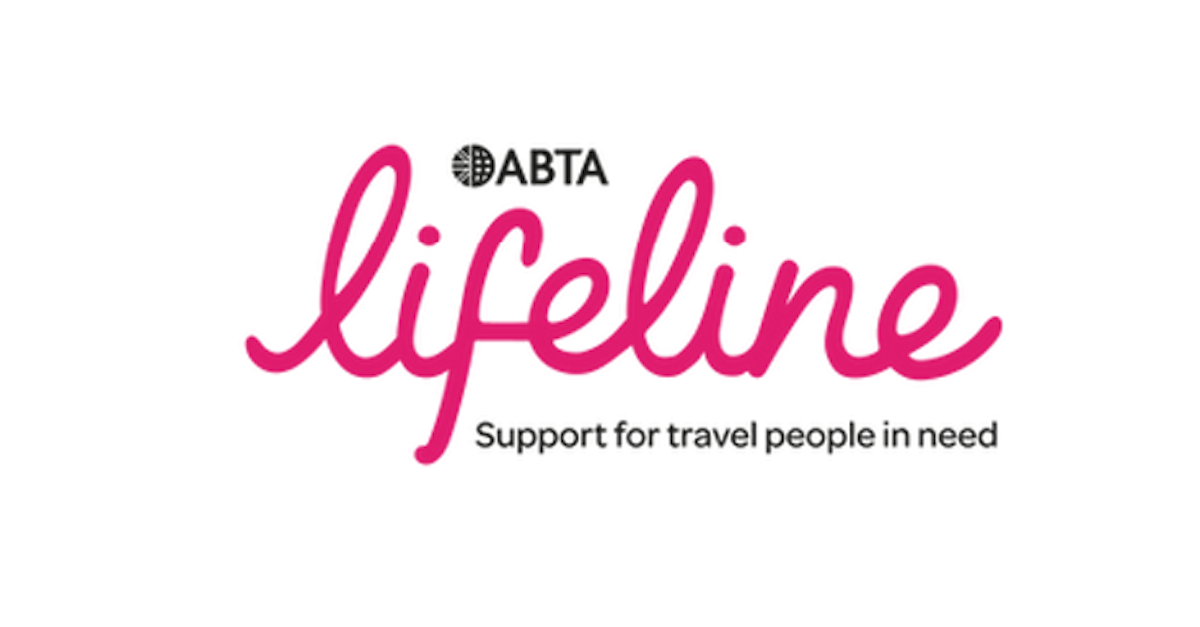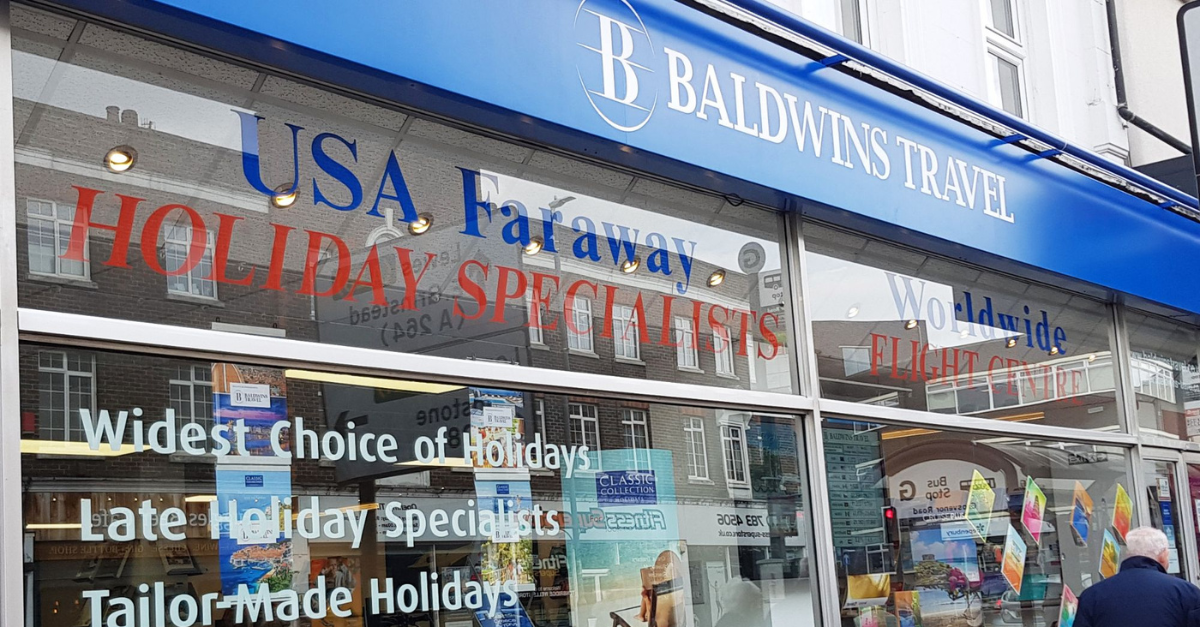You are viewing 2 of your 2 free articles
Travel fraudsters have ‘emotionally draining’ impact on staff
The rising tide of scams in travel is taking its toll on staff, with an “emotional draining impact”, say agency and operator bosses.
Speakers on a Travel Weekly webcast said they are seeing more attempts at fraud as the sector grapples with changing technology, working from home trends and a raft of new employees after the pandemic.
Adrian Smyth, sales director at Jetset, told the webcast how his company had seen a new type of fraud during 2022 with scammers booking flights with an agent but then calling the airline to change the flight outside the agency’s opening hours.
The fraudster would say they needed to travel immediately because of a family emergency, “playing on the heartstrings of somebody at the airline”, he said.
Then a credit card chargeback will land with an unsuspecting agent who loses money, he said.
Jetset has now closed that loophole – and also introduced a Pin code system to tackle another new fraud, which emerged in January.
The operator was being contacted by callers posing as genuine agents, quoting Abta numbers, to book last-minute business-class flights to expensive destinations – and again, they would ring after the agency was closed for the day.
Smyth said the new Pin system for agents is now giving his call centre staff confidence that they are not being conned.
“After the fourth attempt, I had one of my most senior ladies come in next day, she had got to hear about it,” he told the webcast.
“She said: ‘I just don’t want to take calls today…I don’t want to be responsible’. It does have an emotionally draining impact on everyone.”
Danny Waine, head of membership at Abta, agreed, saying: “The sad thing is, fraud is such an awful crime that impacts all of us, not only financially as a business, but also personally because usually if someone’s trying to manipulate you, so emotionally, it is draining.”
Jackie Steadman, owner at Berkhamstead agency TravelTime World, told the webcast: “One £10,000 fraud means that you got to make up £100,000 worth of business to pay for that.”
She advised agents: “If it doesn’t feel right, don’t do it, turn the booking away.
“It’s easier to do that than to deal with the fallout from it.”
She said her staff will talk to each other about suspicious clients, saying: “You send each other a single message. I don’t like the sound of this one. Yeah. What do you think?
“And the answer always comes out: Don’t do it. It’s not worth the sale.”
Waine agreed that employers need to help new recruits understand “strange and suspicious behaviours” that may be scams.
“If it is a last-minute booking, if it’s a new customer, if they’re wanting to pay by credit card at the last minute, those kinds of things – just do get across to new members of staff that this feels strange. Just query it,” he advised.
More: Special Report: Fraudsters ‘find weaknesses to exploit in travel security’
Abta praises anti-fraud system but puts onus on firms to lead defence
Lack of police resources means most frauds are ‘not investigated’
Lyne Barlow sentencing: Trade urged to step up fraud fight as fake agent jailed

















